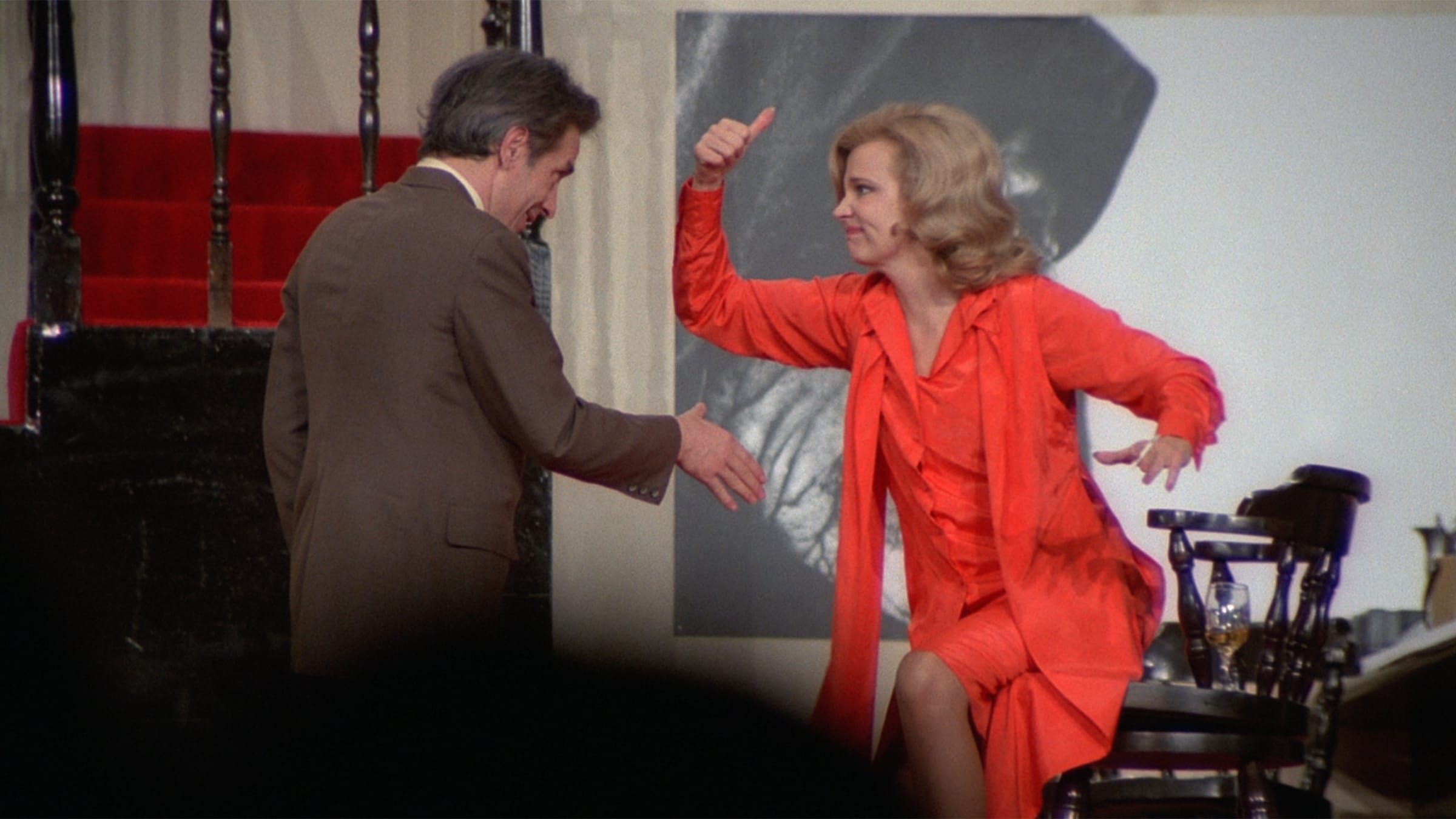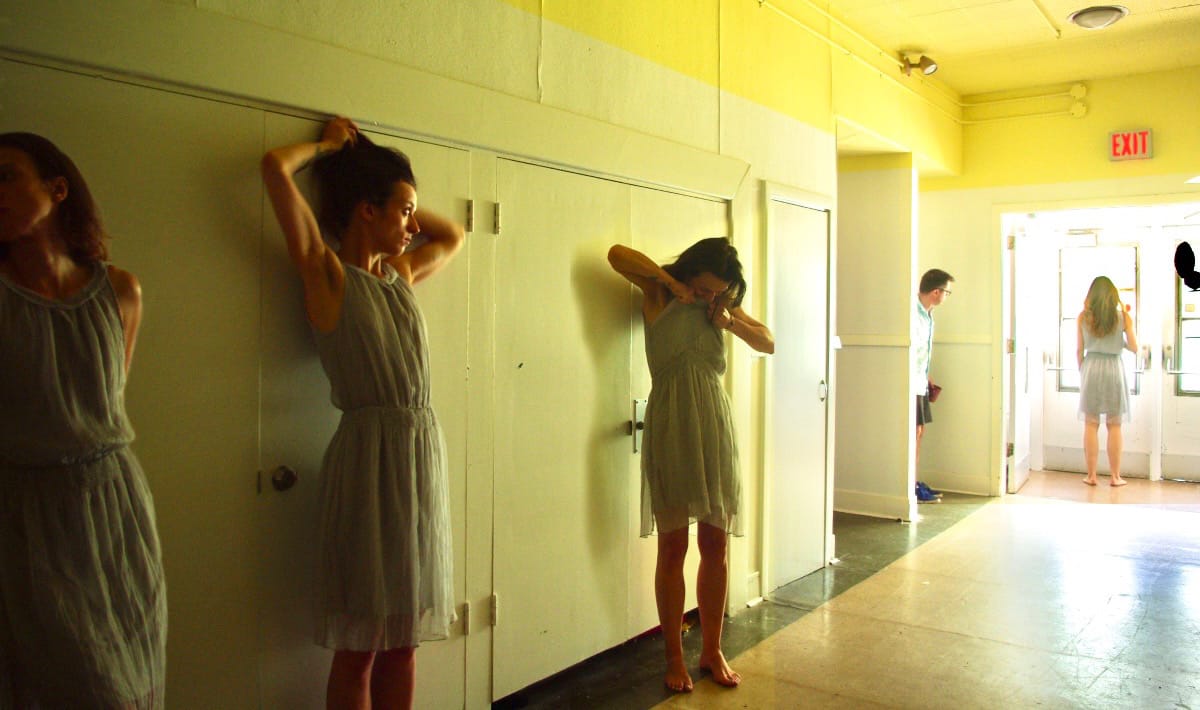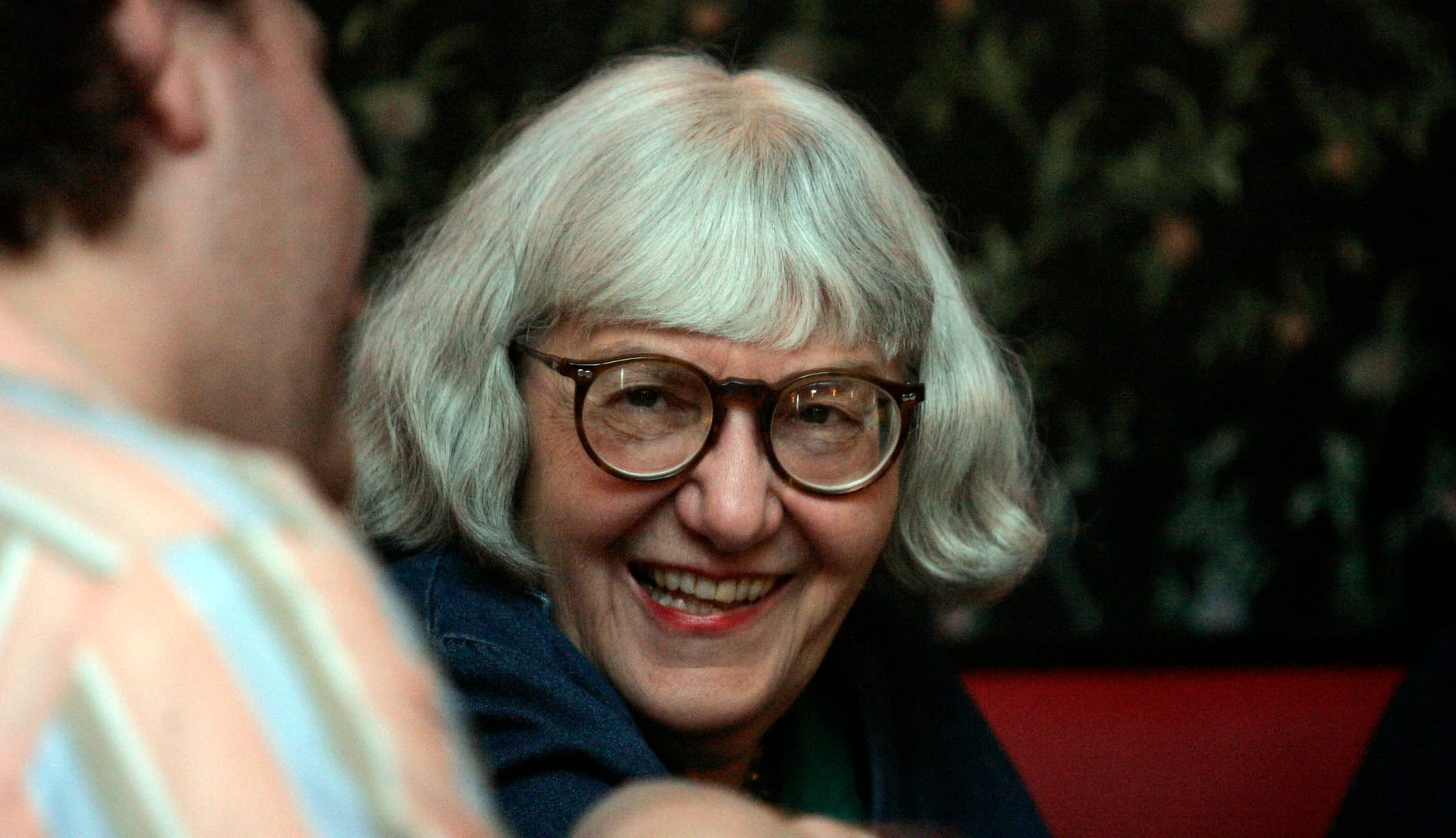I’m Neither One Nor the Other: On Streisand and Singer
As Barbra Streisand reflects in her new memoir, Isaac Bashevis Singer was famously grumpy about her film adaptation of his short story “Yentl the Yeshiva Boy”. Should there even be such a thing as a definitive Yentl?
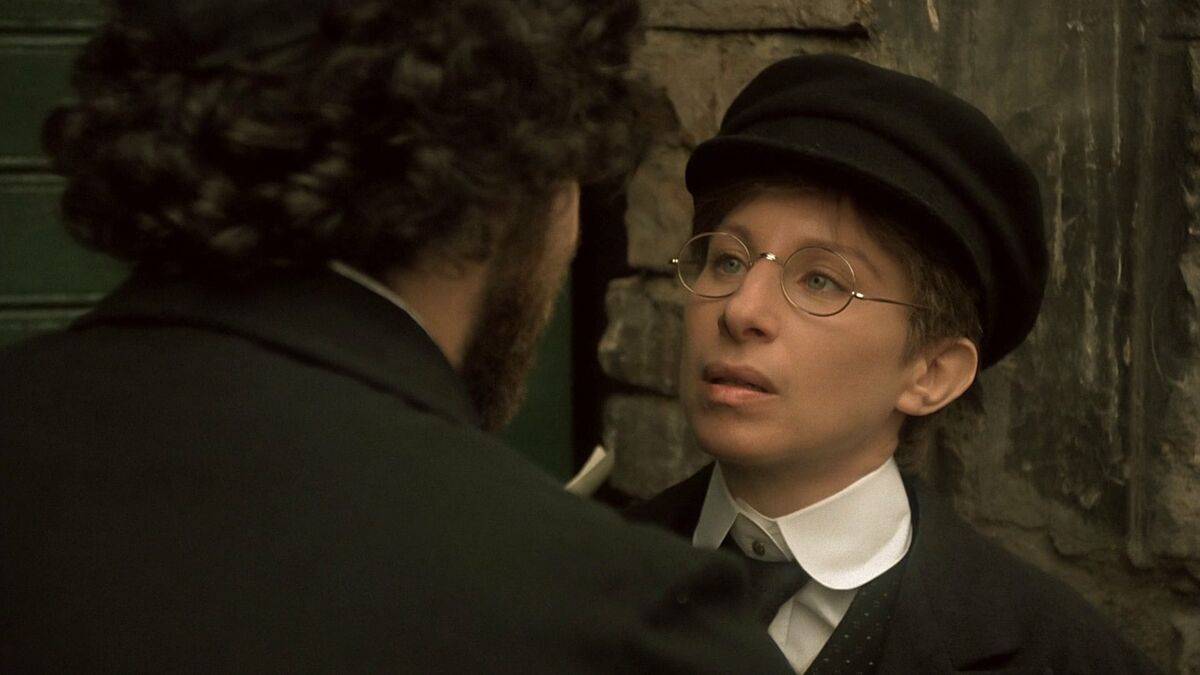
Question: Have you finally seen the Yentl movie?
Answer: Yes, I have seen it.
Q: Did you like it?
A: I am sorry to say I did not.
Thus begins an interview that Nobel Prize-winning Yiddish writer, Isaac Bashevis Singer, conducted with himself in the New York Times in January of 1984. “The Yentl movie” in question was based on Singer’s short story of the same name, and the movie version was written, produced, and directed by Barbra Streisand, who also played the starring role. This was the bulk of Singer’s objection: everywhere he looked, in every frame, it was Streisand, Streisand, Streisand. Also, did there have to be so much singing?
The short story, “Yentl the Yeshiva Boy,” first came across Streisand’s desk in 1968. She was twenty-five, and had just starred in the movie version of Funny Girl, after playing the role on Broadway to rave reviews. She read the story overnight, and called her agent in the morning to announce that she had just found her next movie. He was less than receptive. “Are you kidding me?” is the response Streisand records in her recent memoir, My Name Is Barbra. “You’re saying you want to do some fakakta short story? Don’t waste your time.” The story—about a girl who loves studying Talmud so much that she disguises herself as a boy so she can enroll in a yeshiva—was too weird, too small-time, too “Jewy.”
Streisand spent the next 15 years trying to convince other people to direct, write, and produce Yentl. She never lost sight of the project, calling up producers, directors, and screenwriters between her many other acting and singing engagements. In that time period, she won two Academy Awards, three Grammys, six Golden Globes, two Peabodies, five People’s Choice Awards, and a Tony. In the end, the only way to give life to Yentl—her passion project—was to do everything herself.
At Singer’s funeral in New York in 1991, his widow turned to another mourner and complained: “Why couldn’t Barbra Streisand—whom he made famous with Yentl—be here?”
*
To ask why Streisand loved Singer’s story—and why he hated her movie—is to ask a question about lineage. Streisand lost her father at a young age, too young to remember him. Singer lost a world, the Yiddish-speaking Eastern Europe of his youth.
The story begins with patrimony. “After her father’s death, Yentl had no reason to remain in Yanev.” If she does, she will have to get married, and nothing about the prospect of marriage and children excites her. “You have the soul of a man,” her father used to tell her, as they studied Talmud together (with the curtains closed, to screen them from neighbours’ prying eyes). While he slept, Yentl used to sneak into her father’s closet and try on his skullcap, his fringed garment, and his pants. After his death, it is in her father’s clothes that she sets off for Lublin.

When Streisand read the first line of the story, she felt her heart skip a beat. “I wonder if people who have fathers know how lucky they are,” she writes. Her brother had been old enough to know their father, to be taken to museums and bookstores and parades. In the memoir, Streisand’s mother comes across as aloof, and not particularly supportive of Streisand’s early efforts (“I didn’t want you to get a swelled head,” she tells her daughter when asked why she never gave compliments). It’s on her father that all Streisand’s fantasies of parental love and understanding rest; to explain why she struggled with early roles that required her to play sexy, she even conjectures that little girls learn femininity from wheedling candy out of their fathers.
Emanuel Streisand was an English teacher. “He was in love with learning, too, just like Yentl,” Streisand writes. “His life was cut short, and in a sense, this was my chance to extend it. In order to play this part, I would have to put on the clothes of a man and become my father, in a way. He would live on in me, and in Yentl.”
You might expect that Singer and Streisand, who were a generation apart (he was just four years older than her father would have been), might have played out something of the father and daughter in their own interactions. And perhaps, in a way, they did—just not the version Streisand dreamed of. Four years into her quest to make a movie out of his short story, Streisand visited Singer at his apartment in New York. It was uncomfortable; the Singers put out tea and “hard, dry” biscuits, and the couple also seemed hard and dry. “I tried to get a smile out of him, but he was a bit of a sourpuss,” Streisand writes. “With his bald head and pale skin, he looked like an angry imp.”
Perhaps he was offended because she rejected the screenplay that he wrote. “When I read her script and saw the movie I understood that she could not have accepted my version,” Singer wrote in his self-interview. “You cannot do the adaptation against the essence of the story or the novel, against the character of the protagonist.”
Most of all, he hated that her movie ended with Yentl, the girl who had disguised herself as a boy to pursue her love of Talmud, boarding a ship to America. Were there not enough yeshivas in Poland or Lithuania, Singer asked. “What would Yentl have done in America? Worked in a sweatshop 12 hours a day where there is no time for learning? Would she try to marry a salesman in New York, move to the Bronx or to Brooklyn and rent an apartment with an ice box and a dumbwaiter?”
It seems odd that Singer would protest against Yentl’s flight from Eastern Europe. His story is ambiguous as to its temporal setting, but the movie is set in 1904. Streisand was born in New York City, but Singer arrived in 1935, fleeing Poland at the early warning signs of what was to come. Of the two weeks before his departure, Singer wrote, “In order to get through the day – and sometimes the miserable nights as well – I fantasised that I was already dead, one of those legendary corpses which, instead of resting in the cemetery, leave their graves to reside in the world of chaos.” He left his mother and younger brother, who would soon be sent to Siberia to die of starvation. He left his common-law wife and six-year-old son, who would manage to get to Palestine; twenty years later, Singer saw his son again, a stranger.
After a lonely and terrifying journey through Nazi Germany to France and across the ocean, Singer related his impressions of his first car-ride through the city where he had come to live. “I could feel that some mental catastrophe was taking place here, some mutation for which there was no name in my vocabulary, not even a beginning of a notion.” The memoir in which he published these words came out in English in 1981, not long before Streisand’s Yentl. It was called Lost in America.
*
Yentl raises its own questions about lineage. “Mmmmm that nonbinary+trans shtetl energy!!” a commenter recently wrote on Goodreads. “I snuck the Barbra Streisand movie past my parents (g-d knows how, I have no idea) when I was 12-13 ish, and it was Formative for me as a baby transmasculine NB,” another commenter wrote.
Much as Streisand loved Singer’s story, she viewed it as misogynistic. When Singer narrates Yentl’s thoughts, they often seem scornful of other women. “No, she had not been created for the noodle board and the pudding dish, for chattering with silly women.” When Avigdor, Yentl’s yeshiva study partner with whom she has fallen in love, marries another woman, Yentl goads him on in his discontent: “She called his wife an eyesore, a shrew, a miser.” Streisand believed herself to be reclaiming Yentl for feminism, and her movie introduces a narrative thread in which Yentl, who enters into a chaste marriage with Hadass (the woman Avigdor had wanted to marry), teaches Hadass Talmud behind closed curtains, just as her father did for her.
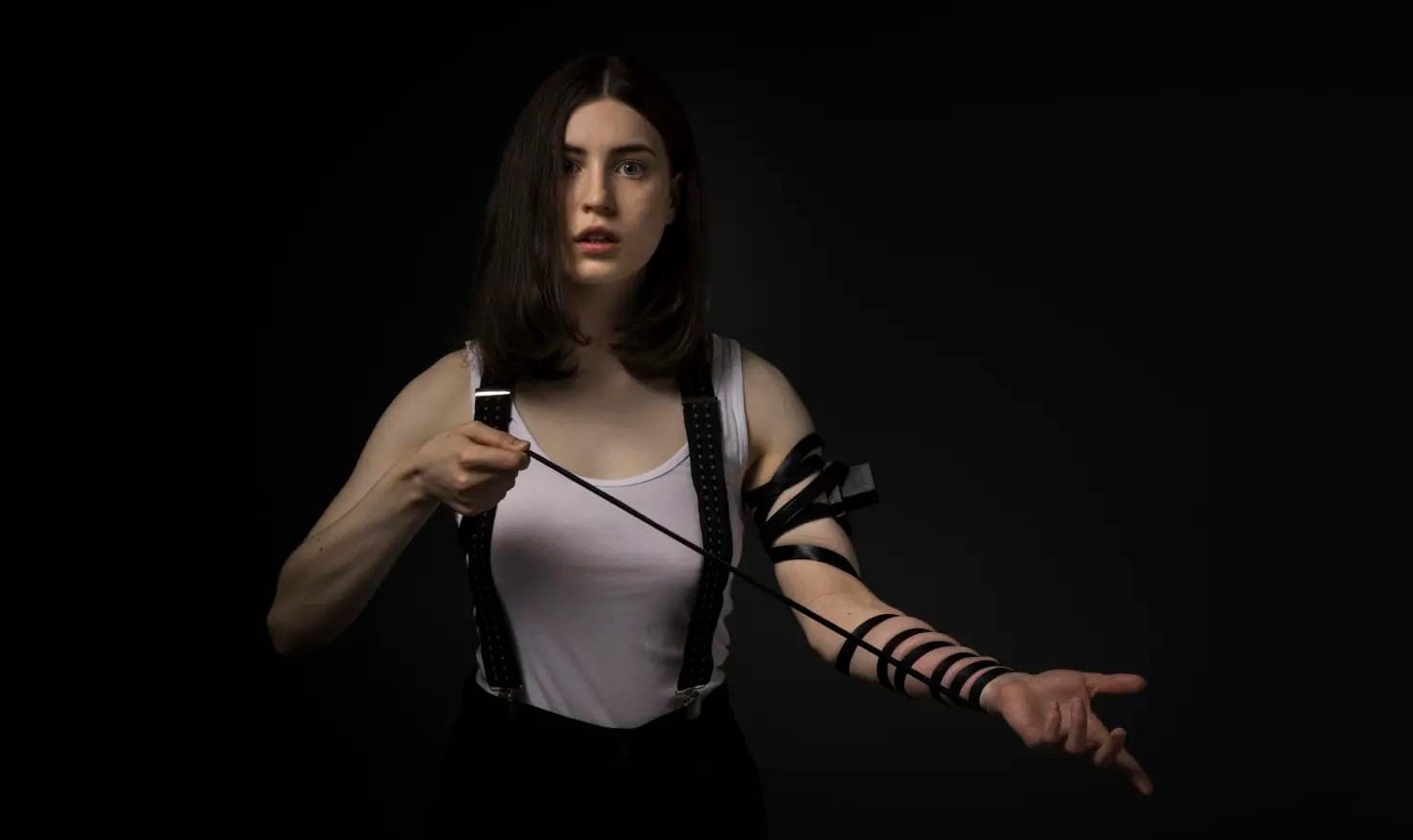
In proclaiming Yentl’s thirst for learning as a legitimate expression of womanhood, however, Streisand suppresses some of the gender ambiguity of the original story. “I’m neither one nor the other,” Yentl tells Avigdor when she lets him in on her secret. Their relationship has been rendered in a sexually charged way from the beginning; Why couldn’t a woman be just like you, Avigdor asks his male-presenting friend, as they lie on the grass together looking up at the sky. Yentl has a dream in which she is both a man and a woman, wearing both a bodice and a tallit. Streisand read Yentl’s distress as Singer’s condemnation of a woman resisting typical gender roles, but Yentl’s fears—that she might be possessed by a demon, that God had made a mistake in creating her—read differently to an audience more versed in the experiences of trans and nonbinary people living in cultures that say they are wrong to be who they are.
Because Streisand bought the rights, for the past forty years, her version of Yentl has been definitive. Recently, however, Yentl has been finding his/her/their way to new artists. In 2022, the Arts Centre Melbourne found a loophole. Streisand only owns the rights to the English version of the story. So the director, Gary Abrahams, adapted his script from the original Yiddish. The resulting play is a darker, queerer version for the next generation.
Streisand may have been right about Singer’s intentions; perhaps he really did view Yentl as unnatural or even demonic. But Streisand’s choice to ground the story firmly in realism uproots Yentl from the Jewish mysticism that lends the tale some of its strange beauty. To wonder if your thoughts are being influenced by demons is natural in Singer’s world. In cleaving more closely to the Yiddish text of the story, a level of ambiguity emerges that lends strength to a modern interpretation foregrounding gender-fluid characters. In a roundabout way, the Melbourne version brings Yentl into the future by reviving the past; the actors used their Covid lockdown time to learn Singer’s mother tongue.



